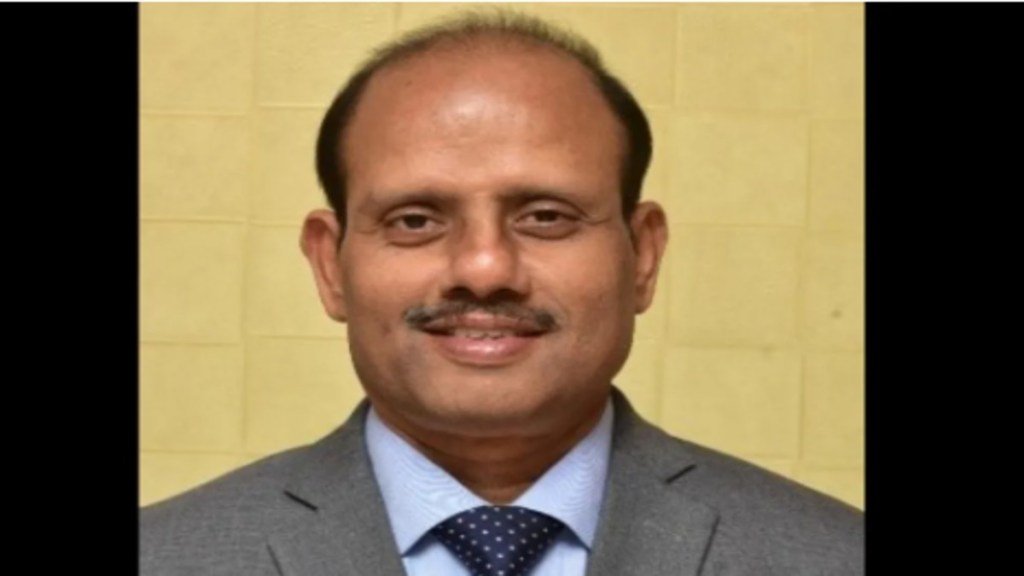As the banking services increasingly become digital, there is a risk of excluding certain people from the financial system who lack access or are not familiar with using online, digital mobile banking applications, Reserve Bank of India (RBI) deputy governor Swaminathan J said at the Conclave on Financial Literacy in Madurai.
Accordingly, bridging the digital divide is crucial for ensuring everyone can participate in the modern financial system and efforts must be made to build tailored digital literacy programmes that cater to the specific needs and capabilities of different demographic groups.
“These programmes can provide hands-on training on how to use digital financial services, navigate online platforms, and protect against cyber risks, thereby empowering individuals to fully participate in the digital economy,” he said.
There must be synchronisation at the ground level between different stakeholders such as lead district manager, district development manager, block-level officials, NGOs, among others, to ensure that there is no gap in the availability of counsellors to ensure banking activities are carried out seamlessly.
Awareness among women customers regarding the modern banking system is also of paramount interest, he said, as once educated, women serve as primary educators within their own families. “It is said that ‘educate a man, you educate only one person. If you educate a woman, you educate a generation’,” the DG said.
Apart from the RBI running awareness campaigns via social media, lead banks had established more than 1,500 financial literacy centres at various district headquarters, he said. Further, 2,406 centre for financial literacy have been operationalised across India presently, he said.

